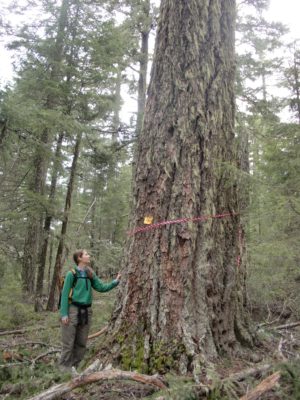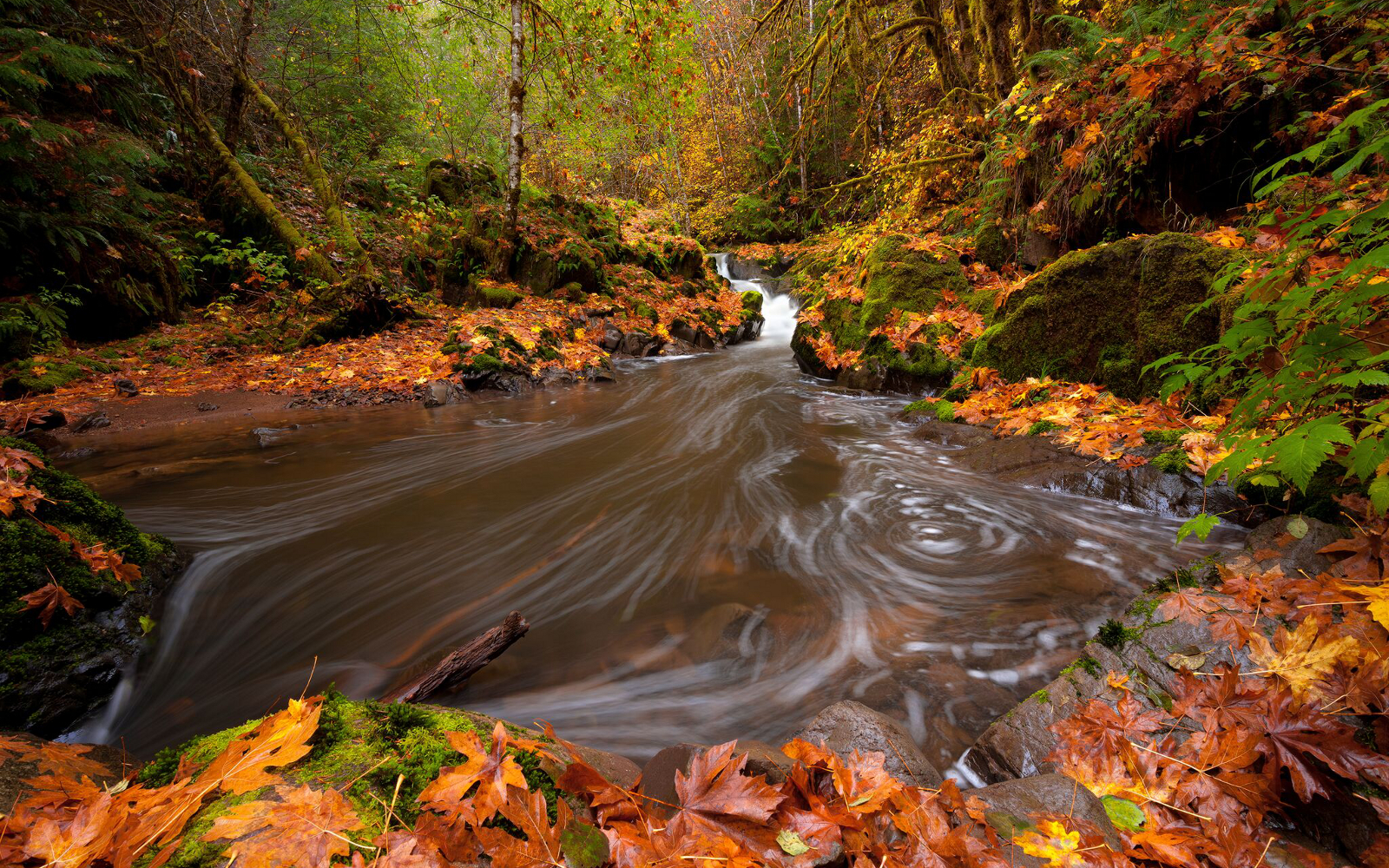June 27, 2017
For Immediate Release
Nick Cady, Cascadia Wildlands (314) 482-3746
Medford BLM Old-Growth Timber Sale Faces Legal Challenge
Groups Oppose the Government Returning to Old-Growth Logging
 Today a coalition of conservation organizations representing tens of thousands of Oregonians filed a lawsuit against the federal Bureau of Land Management (BLM) seeking to halt the “Lower Grave” old-growth timber sale located on the Grave Creek tributary to the Rogue River. This illegal logging project proposes to log fire-resilient old-growth forests currently serving as a critical refuge for the northern spotted owl, Coho salmon and red tree voles.
Today a coalition of conservation organizations representing tens of thousands of Oregonians filed a lawsuit against the federal Bureau of Land Management (BLM) seeking to halt the “Lower Grave” old-growth timber sale located on the Grave Creek tributary to the Rogue River. This illegal logging project proposes to log fire-resilient old-growth forests currently serving as a critical refuge for the northern spotted owl, Coho salmon and red tree voles.
“The last thing the Grave Creek Watershed needs is more old-growth logging, more clearcutting and more logging roads,” said George Sexton, Conservation Director for KS Wild. “Our public land managers should be bringing communities together to restore forests, but the BLM appears intent on going back to the days of ripping up watersheds and slicking off native forests.”
The timber sale marks a sharp departure from the BLM’s prior restoration efforts in the Rogue River Basin aimed at undoing past damage wrought by rampant clearcutting and extensive road construction over the previous century. Medford BLM had been successfully implementing “dry forest restoration” timber sales based on the recommendations of foresters Drs. Norm Johnson and Jerry Franklin. These dry-forest restoration principles allowed to the BLM to offer substantial timber volume for sale, while increasing the resistance of these forest stands to large fires, largely without controversy.
“Our organizations repeatedly stressed to the BLM that there was a way for them to design this project to generate timber for sale and protect the large old-growth trees,” said Nick Cady with Cascadia Wildlands. “The BLM replied that its mission was to maximize the cut. That is not the agency’s mission. The BLM is placing no value on wildlife, clean water, and forest health that Oregonians hold dear.”
The BLM admits that the timber sale will increase fire hazard in the “regeneration harvest” logging units in which over 95% of the old-growth trees will be removed and replaced with dense tree-farms. The sale will also result in the “take” of a newly established spotted owl pair and its juveniles.
“The Lower Grave timber sale is based on the wrong priorities. This logging will degrade rather than restore our public forests that have already been logged too much,” said Doug Heiken of Oregon Wild. “BLM’s top priority should be careful restoration of the public values that flow from our public forests, including clean water, recreation, climate stability, fish & wildlife, and quality of life that underpins our diverse economy.”
###

